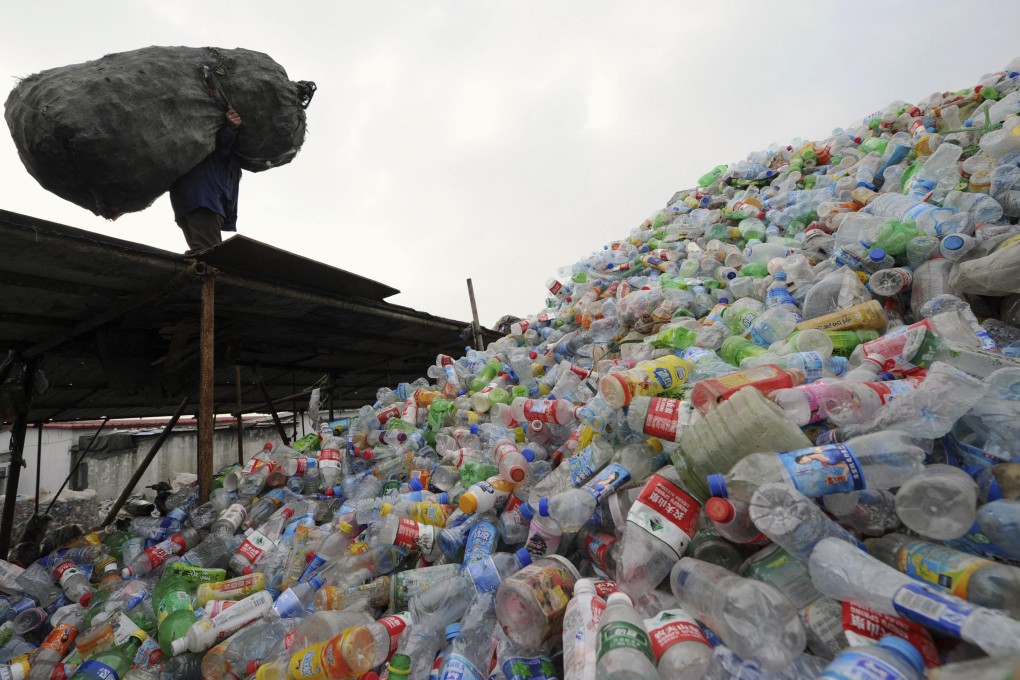Pearl Briefing | In Guangzhou, recycling pays - but is it enough?
Firms to get subsidies to encourage processing of low-value waste items

Guangzhou announced this week that it will pay companies to process recyclable waste that has so little value that it is simply dumped in the city's fast-filling tips and incinerators.
Under the policy - the first of its kind in the country - the Guangzhou government will pay 90 yuan (HK$113) for each tonne of low-value recyclable waste processed. For now, the list of subsidised waste products covers glass, plastic and timber; but more will be added in the future.
The goal is to recycle a daily average of 1,400 tonnes of such waste this year, which would raise the household garbage recycling rate by 10 per cent. The government will build three waste transfer centres to separate the low-value waste from other garbage, with the first centre due for completion by next year.
The subsidy - which local environmentalists and recycling firms have long called for - may spell a good start in overcoming setbacks in a waste-sorting campaign the city launched more than three years ago.
Guangzhou's 13 million residents generate 20,000 tonnes of household garbage each day, the Yangcheng Evening News quoted Guangzhou Urban Management Committee director Wei Weihan as saying on Monday.
Of this, up to 6,000 tonnes is recycled, more than 3,000 tonnes is burned and the remaining 11,000 tonnes is dumped in the city's landfills. Wei says that about 4,620 tonnes - more than one-fifth of the daily total - is glass, plastic and wood waste.
But because of high operating costs and low prices, recycling such low-value waste is mostly a loss-making business.
